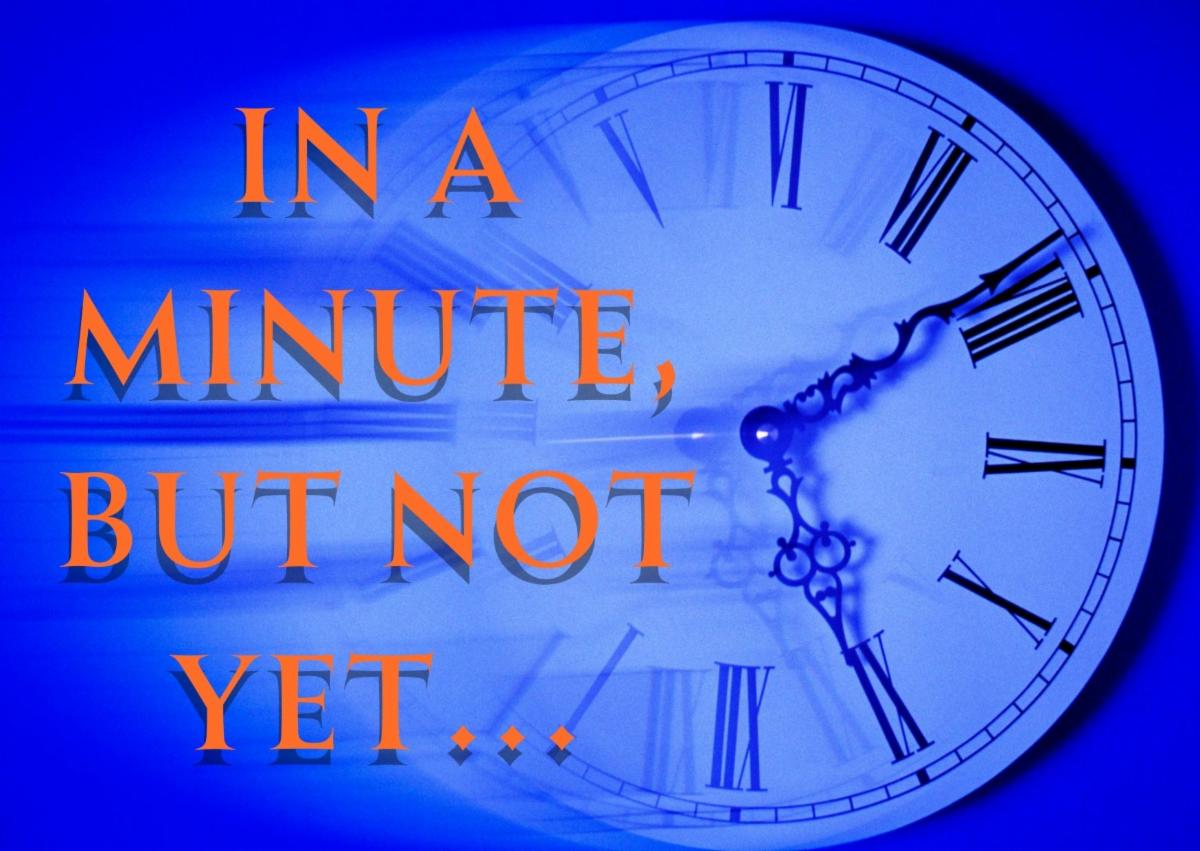
1-On-1

Practice Makes Perfect

Remind, Rejoice, Safeguard

Jesus, Lord at Thy Birth

Footsteps Have Trod

For the full poem, check it out Here
For my favorite rendition of “Good King Wenceslas” listen to it here by Rend Collective
Silent Night

Illnesses

Bowl of Soup

I love autumn and winter for many reasons, but one of my favorite reasons is that I get to eat soups. Call me strange, but I like soup, although it is not fun to eat when it is 110 degrees outside. Amanda makes some dynamite soups, and I can’t wait for cooler weather to roll in so that the soups can come out. There is an ongoing debate that Amanda and I have with some of our old friends. Is soup a meal?
In a Minute, but Not Yet…

Me on His Mind

Every autumn, something spectacular happens as the weather changes and the shifting sun in the northern hemisphere shortens our daylight hours. Trees stop producing chlorophyll as they prepare to go dormant during the colder winter months. On the surface, it is simply the process of biological systems marching on and charting their course. Yet there is an element that is lost using only biological processes… it is beautiful to behold. Few things are as
enchanting as the leaves of trees changing colors. People will travel vast distances to see the leaves change in the Fall; they say the trees in Vermont, New Hampshire, and Maine are amazing this time of year. And yet, with all of the hullabaloo surrounding the changing of the
trees, there is no consensus in the scientific community for why it is a process that happens, merely that it does.
According to Earth.com and Harvard Forest, there are various reasons why the leaves might change colors. They list it as anything from Leaf Camouflage, Fruit Flag, Leaf Apparency, or Avoiding Camouflage. Still, in my estimation, each of these hypotheses fails to answer the
question of “Why?” Their theories contradict each other. Is it a warning to avoid that tree or to attract animals to their fruit? Take maple trees and their beautiful red leaves, for example: do they change colors to attract insects to their sugary sap (this seems counterproductive for a tree going dormant), or are they warning animals to avoid them (which would harm their ability to scatter seeds.) They state that these could be reasons, but there is no agreement or, in my opinion, a satisfactory justification for the process.
Perhaps I am being anthropocentric, focusing on this from a human perspective, but this process is delightful to the eyes. It seems God has created this unique and fantastic occurrence for us to enjoy. Leaves could turn brown and fall to the ground, yet they change to these gorgeous hues, and we are the delighted beneficiaries. What would the changing of the season be like if we were plunged into drab winter without this display of vibrancy each Fall? It highlights the march of time with one final blaze of glory before the cold, dreary months. And I love it!
When Paul and Barnabas were in Lystra, they shared this observance and discourse with the Hellenized region of modern-day Turkey, stating:
Men, why are you doing these things? We are also men of the same nature as you, preaching the gospel to you, to turn from these useless things to a living God, who MADE THE HEAVEN AND THE EARTH AND THE SEA, AND EVERYTHING THAT IS IN THEM. 16 In past generations He permitted all the nations to go their ways; 17 yet He did not leave Himself without witness, in that He did good and gave you rains from heaven and fruitful seasons, satisfying your hearts with food and gladness. (Acts 14:15-17 NASB20).
The crowd is trying to worship Barnabas and Paul for healing a man who was lame from birth. They both used the opportunity to set the narrative straight as they were merely instruments of God. Yet what they say is important for us to note. Essentially, they reason that God, who made everything, also made many of these things purely for our enjoyment. The rains and harvests are to bring us food and fill our hearts with gladness. It is a tenant of our beliefs that God created everything we see with humanity in mind. The thought that God created the entire world and then set humanity as the pinnacle of that creation. The Bible spells this out for us from the beginning. These principles ground us with the notion that God has orchestrated everything from creation to salvation with Me on His Mind.
I Trust You, Use Me

Judges 6:36-40 – “Then Gideon said to God, “If You are going to save Israel through me, as You have spoken, 37 behold, I am putting a fleece of wool on the threshing floor. If there is dew on the fleece only, and it is dry on all the ground, then I will know that You will save Israel through me, as You have spoken.” 38 And it was so. When he got up early the next morning and wrung out the fleece, he wrung the dew from the fleece, a bowl full of water. 39 Then Gideon said to God, “Do not let Your anger burn against me, so that I may speak only one [more] time; please let me put [You] to the test only one [more] time with the fleece: let it now be dry only on the fleece, and let there be dew on all the ground.” 40 And God did so that night; for it was dry only on the fleece, and dew was on all the ground.”
“I AM with you”
